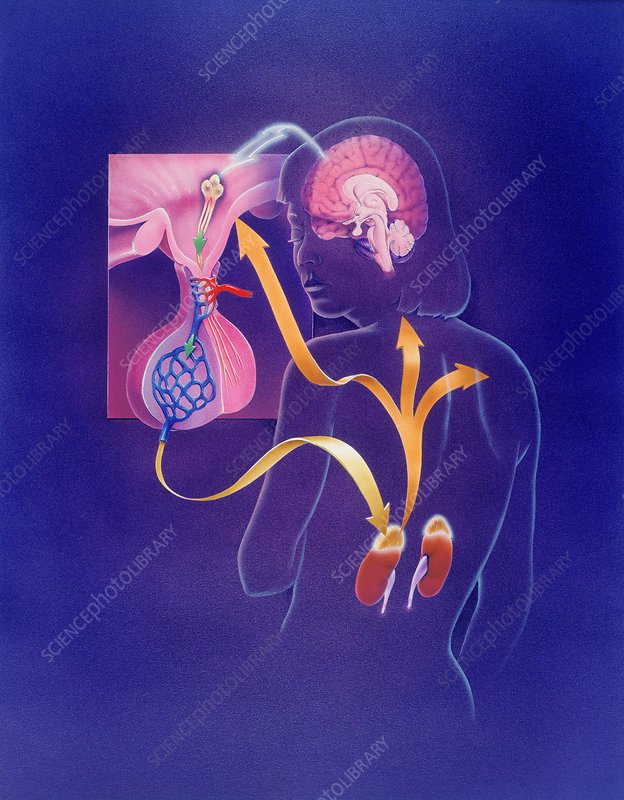The Stress-Regulating Hormone
Understanding ACTH and Its Functions
Adrenocorticotropic Hormone (ACTH), also known as corticotropin, is a vital hormone secreted by the pituitary gland in response to signals from the hypothalamus. ACTH plays a critical role in regulating the stress response by stimulating the adrenal glands to produce cortisol, often called the “stress hormone.” This hormone is essential for maintaining energy, managing inflammation, and helping the body respond to physical or emotional stress.
Key Functions of ACTH
ACTH acts as a messenger, triggering the adrenal glands to release cortisol into the bloodstream. Cortisol helps regulate blood sugar levels, supports metabolism, controls inflammation, and maintains blood pressure. Additionally, ACTH influences the production of other adrenal hormones, such as aldosterone and androgens, which are crucial for electrolyte balance and overall hormonal health.
The Role of ACTH in Health and Disease
Imbalances in ACTH levels can lead to significant health problems. Overproduction of ACTH can result in conditions like Cushing's disease, where excess cortisol is produced, causing symptoms such as weight gain, high blood pressure, and weakened bones. Conversely, low levels of ACTH can lead to adrenal insufficiency, impairing the body’s ability to handle stress and maintain energy levels. Disorders Linked to ACTH Imbalance Cushing’s Disease: Caused by excessive ACTH leading to high cortisol levels. Adrenal Insufficiency (Addison’s Disease): Due to inadequate ACTH production, leading to low cortisol. Ectopic ACTH Syndrome: ACTH produced by non-pituitary tumors, often in the lungs.
Contact Us
+92-321-9700-700
FAQs About Adrenocorticotropic Hormone (ACTH)
1. What is the normal range of ACTH levels?
The normal range is typically 10–60 pg/mL, but values may vary depending on the testing laboratory.
2. How is ACTH tested?
ACTH levels are measured through a blood test, often combined with cortisol measurements to assess adrenal gland function.
3. What are the symptoms of high ACTH levels?
Symptoms include weight gain, especially around the face and abdomen, high blood pressure, thin skin, and fatigue.
4. What are the symptoms of low ACTH levels?
Symptoms include fatigue, muscle weakness, low blood pressure, weight loss, and darkening of the skin.
5. Can ACTH disorders be treated?
Yes, treatment depends on the underlying cause. Options include medications, surgery (for tumors), or hormone replacement therapy.
6. What causes high ACTH levels?
Common causes include pituitary tumors (Cushing’s disease) or ectopic ACTH production from other tumors.
7. What causes low ACTH levels?
Causes include damage to the pituitary gland, long-term use of corticosteroids, or adrenal gland dysfunction.
8. Is Cushing’s disease reversible?
Yes, with appropriate treatment such as surgery, radiation, or medications to reduce cortisol production.
9. Can lifestyle changes improve ACTH-related conditions?
While lifestyle changes cannot directly alter ACTH levels, managing stress, eating a balanced diet, and staying active can improve overall hormonal balance.
10. How does ACTH affect the body during stress?
ACTH increases cortisol production, helping the body adapt to stress by mobilizing energy and reducing inflammation.
